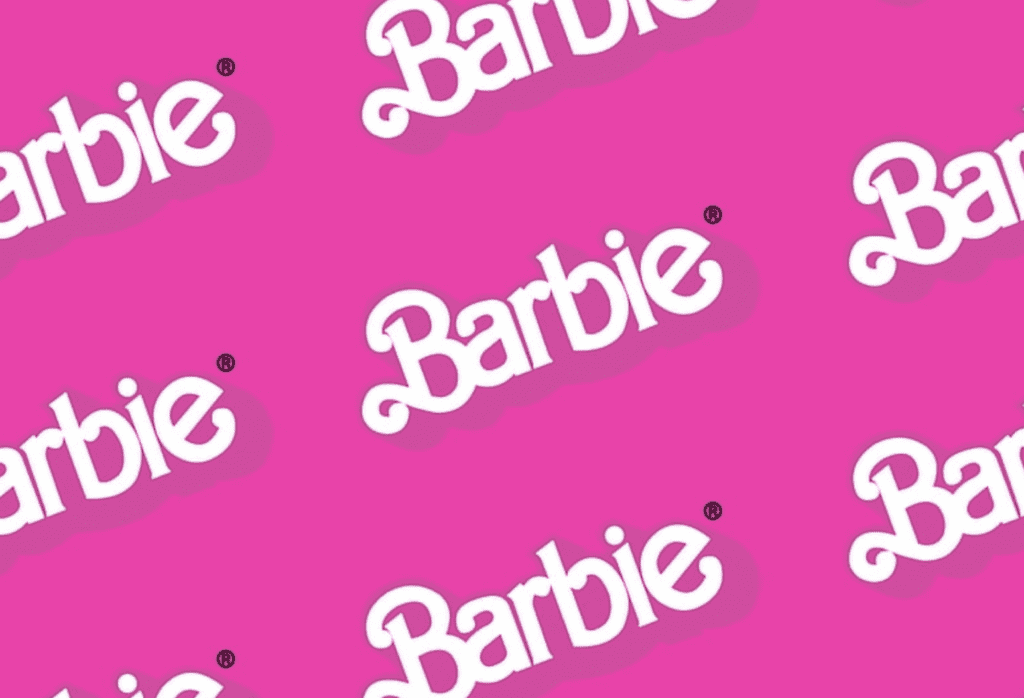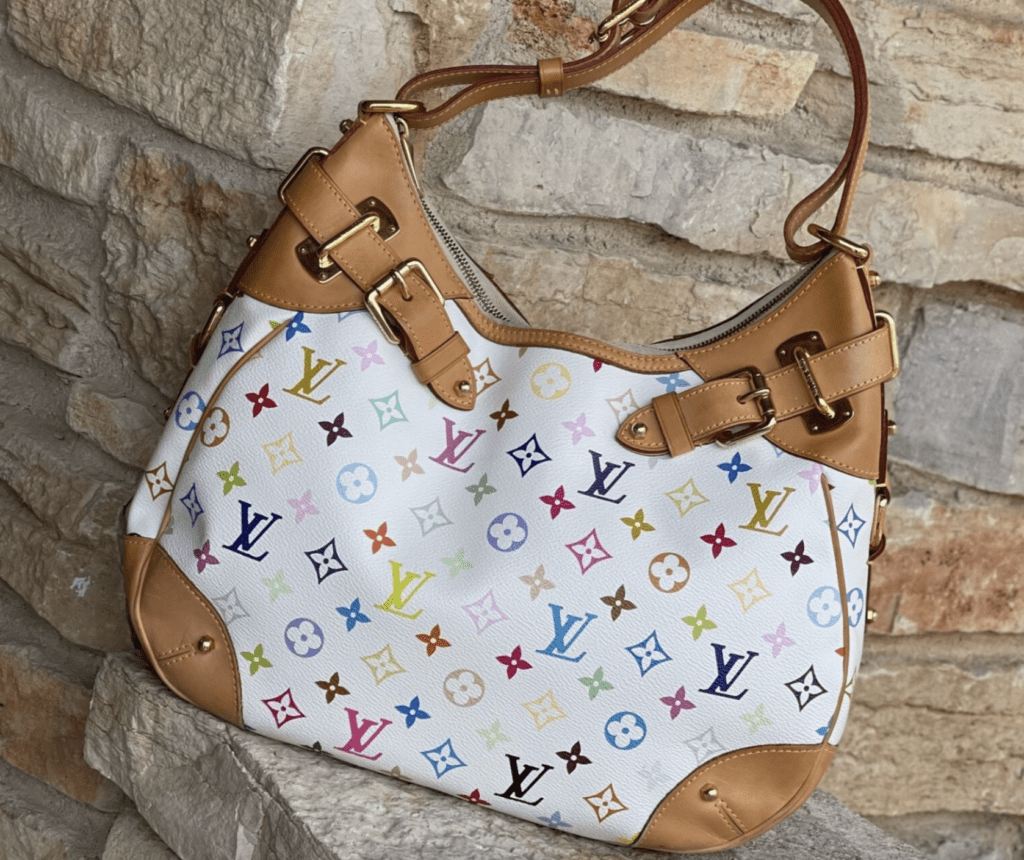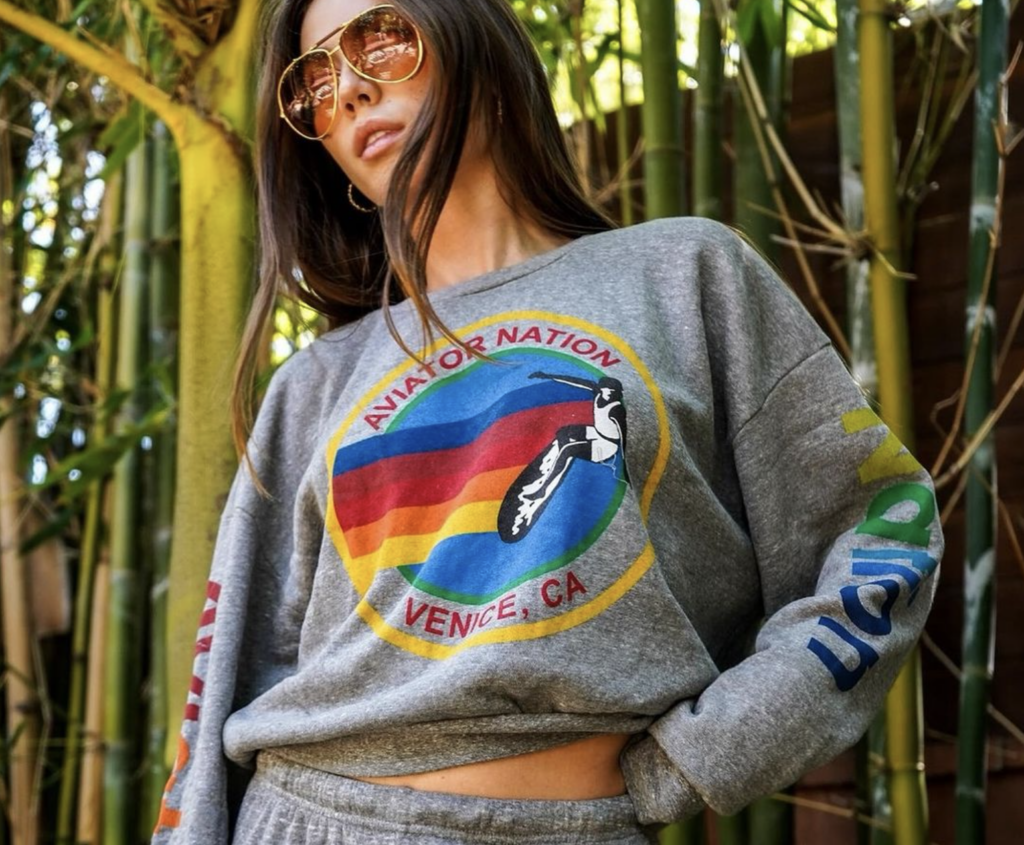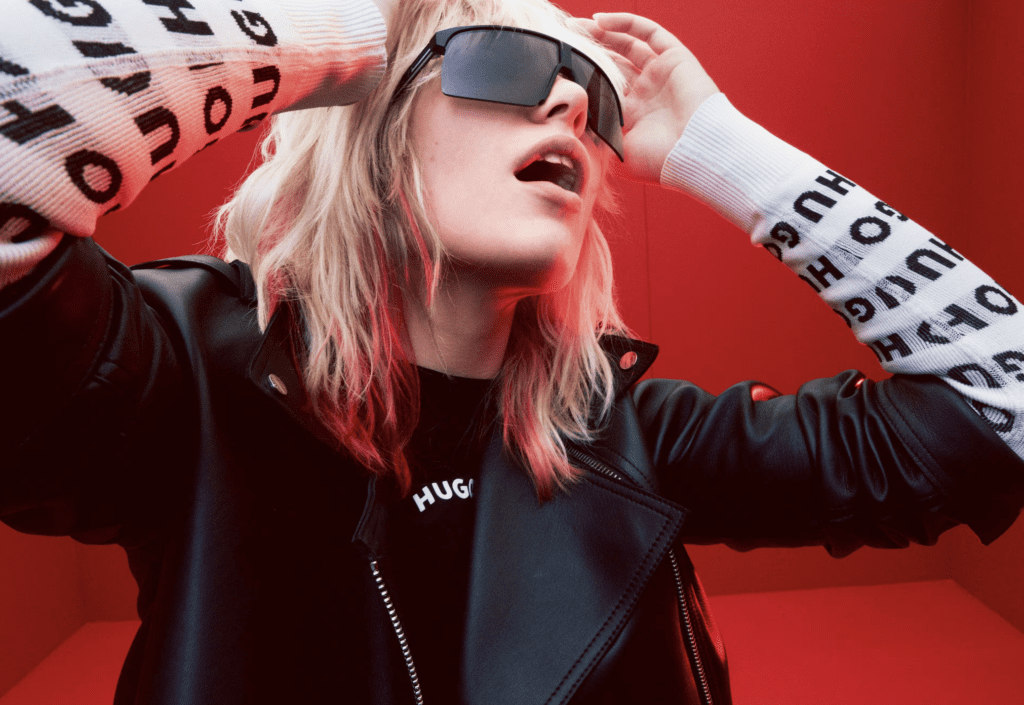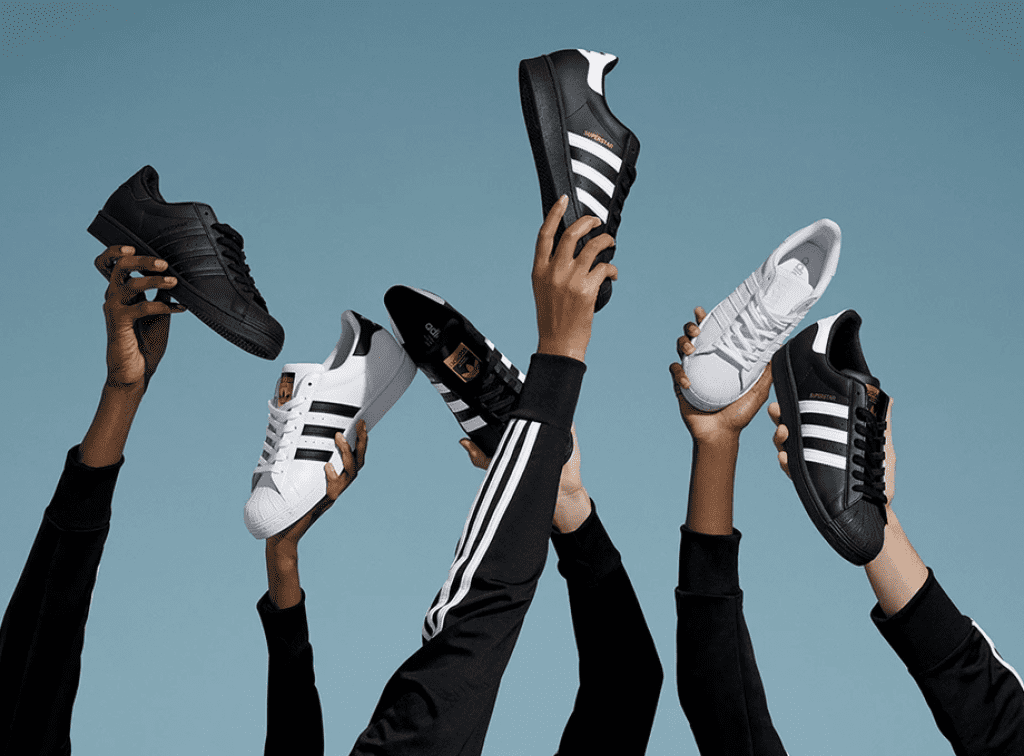The meteoric rise of so-called Barbie-core – as helped along by a flurry hot pink wares on the runway and Greta Gerwig’s much-anticipated Barbie film – has an interesting new facet to it: Mattel is taking on Burberry in a new trademark-centric clash. As we noted last week, Burberry filed an application for registration with the U.S. Patent and Trademark Office in July 2022 for the “BRBY” word mark for use on apparel and leather goods, and has caught the attention of BARBIE-maker Mattel in the process. In response to Burberry’s application, Mattel lodged a number of opposition-specific extensions with the Trademark Trial and Appeal Board (“TTAB”) and then finally filed a notice of opposition this week, asserting that it will be damaged if Burberry’s vowel-less mark is registered.
Setting the stage in its June 26 opposition, Mattel states that its BARBIE trademark is “one of the most recognizable brands in the world.” In addition to amassing “extensive common law rights” as a result of decades of use, the “BARBIE® and BARBIE-formative marks” serve as the basis for a robust portfolio of trademark registrations that range from the use of the BARBIE name on everything from dolls, toy furniture, and “accessories and doll clothes” to apparel, accessories, and footwear for children and adults. Further speaking to the well-known nature of the BARBIE mark, Mattel states that the U.S. Court of Appeals for the Second Circuit recognized back in 1991, for example, that “the ‘BARBIE’ doll is the best-selling toy doll in the world,” with “96 percent of three to eleven-year-old girls in the U.S. own[ing] at least one,” and in the span of 30 years to 1990, “600 million Barbie dolls were sold, one sold every two seconds.”
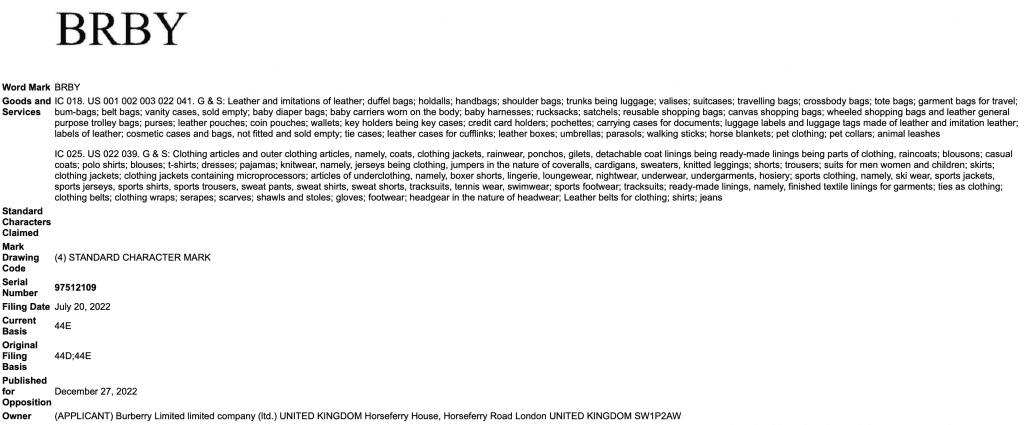
Against that background and given the likelihood of confusion that will stem from Burberry’s unauthorized use/registration of the BRBY mark, which is “highly similar to” the BARBIE marks in “appearance, sound, and commercial impression,” Mattel asserts that it will be harmed if the U.S. trademark office green-lights the British fashion brand’s application for registration.
Specifically, Mattel alleges that “the dominant (and, in most cases, the sole) portion of [its] mark is the word BARBIE.” Considered alongside the mark at the heart of Burberry’s application for registration (which is based on an existing registration in the United Kingdom), the Southern California-based toy titan claims that the marks are “visually similar,” and “when spoken aloud, [they] are phonetically identical.” In particular, Mattel contends that because Burberry’s mark – which the fashion brand has not yet used in the U.S., according to Mattel – “lacks any vowels to guide [the] pronunciation, it would likely be read in a manner phonetically identical to BARBIE.” In fact (and in light of enduring BARBIE-centric collaborations), Mattel claims that the BRBY mark “could reasonably be viewed by consumers as a subset or expansion of the BARBIE® trademarks.”
Beyond the similarities shared by the respective companies’ marks, themselves, Mattel maintains that the goods listed in Burberry’s trademark application for registration (namely, those in Classes 18 and 25) “directly overlap with” many of the goods/services that it uses the BARBIE trademark on. For example, Mattel “has used and uses the BARBIE® mark (and owns registrations for the BARBIE® mark) in connection with handbags, overnight bags, luggage, a broad range of clothing and apparel, footwear, and headwear – all of which are also proposed to be offered under the [Burberry] mark.” As such, consumers would “likely wonder if, or assume that, [Burberry’s] goods are licensed by or affiliated with [Mattel],” the company states in furtherance of its likelihood of confusion claim.
Doubling-down on its argument here, Mattel also argues that Burberry’s “goods, customers, and marketing channels so closely overlap with [its own] goods and services” that Burberry is “highly likely to cause confusion or mistake, or to deceive consumers” about the source/nature of any BRBY trademark-bearing goods.
In addition to the likelihood of confusion that Burberry’s mark will cause, Mattel also opposes registration of the BRBY mark on dilution grounds, stating that it and its related companies “have engaged in nationwide advertising, promotion, and use of its distinctive … BARBIE® mark, for more than 60 years.” Hardly a coincidence, Mattel says that Burberry “has intentionally chosen [the BRBY] mark in order to create an association in the minds of those in the marketplace between the BARBIE® mark” and Mattel and its goods. “In view of the similarities of the parties’ marks and the fame of [Mattel’s] BARBIE® mark,” Burberry’s mark “so closely resembles [Mattel’s] famous BARBIE® mark” that it is likely to dilute “the distinctive quality of the BARBIE® mark,” the Barbie-maker argues, citing the potential for dilution by blurring and by tarnishing.
With the foregoing in mind, Mattel urges the TTAB to block the registration of the BRBY mark.
THE BIGGER PICTURE: As we have documented in an array of articles in recent years, a growing number of companies are adopting new brand names – or in some cases, adopting additional takes on existing brand names – that are entirely devoid of vowels. This existing trend in branding provides us with some additional context to consider alongside Mattel’s argument that Burberry “has intentionally chosen [the BRBY] mark in order to create an association in the minds of those in the marketplace [with] the BARBIE® mark” and Mattel and its goods. In light of other examples of similarly situated brands, such as Chanel, Valentino, and Vetements, adopting vowel-less versions of their main marks, potentially in order to amass more expansive rights in their marks by way of slight variations on their most well-known/widely-used marks, I (for one) am a bit skeptical as to whether Mattel’s argument on this front – namely, that Burberry is looking to trade on the BARBIE brand by way of its BRBY mark – is entirely merited; it certainly is not without a bit more nuance than Mattel lets on.
And one final note: Regardless of the merits/outcome of the newly-initiated opposition, the time frame at play is intriguing. Chances are, the date stamped on Mattel’s notice of opposition (just weeks ahead of the release of the box-office film starring Margot Robbie) has not being orchestrated to generate more hype around what Time Magazine recently labeled as “the most anticipated movie of the summer—if not the year.” (Or has it? Joking!) Trademark practitioners know that the filing date of oppositions is heavily dependent on the designated opposition window (i.e., an opposition must be filed within 30 days of a trademark’s publication to the Official Gazette or within the relevant extension period, the latter of which is relevant for Mattel here.)
Nonetheless, we cannot write off timing as an insignificant factor here, if for no other reason than Mattel has been working overtime in recent months, in particular, on an array of authorized merch releases and collaborations in connection with the film’s release to further bank on the opportunity via licensing revenue and also, likely a cut of sales, depending on the terms of its agreements with third parties like Gap, Forever 21, beverage-maker Swoon, candle co. Glasshouse, etc. (A lot is riding on BARBIE and Mattel here both from revenue and relevance points-of-view. After all, as Times’ Eliana Dockterman notes, the film comes “after a period of declining sales” for Mattel and its BARBIE franchise.)
With this in mind, it is not difficult to imagine Mattel arguing (successfully or not) that the influx of authorized BARBIE merch that is coming ahead of and/or in conjunction with the film’s release could make for heightened confusion among consumers as to its connection to and/or endorsement of any BRBY wares when no such connection exists. While the toy-maker does not explicitly make such a claim, it does note that “in July 2023, [it] plans to release a live-action Barbie film starring actor Margot Robbie in the title role.” Stay tuned.
UPDATED (Jul. 25, 2023): According to a since-granted consent motion for suspension for settlement, counsel for Burberry told the TTAB that “the parties are actively engaged in negotiations for the settlement of this matter,” and thus, Burberry “requests that this proceeding be suspended for 90 days to allow the parties to continue their settlement efforts.”




